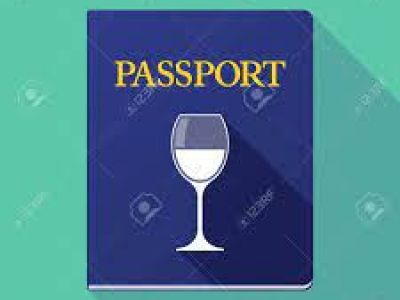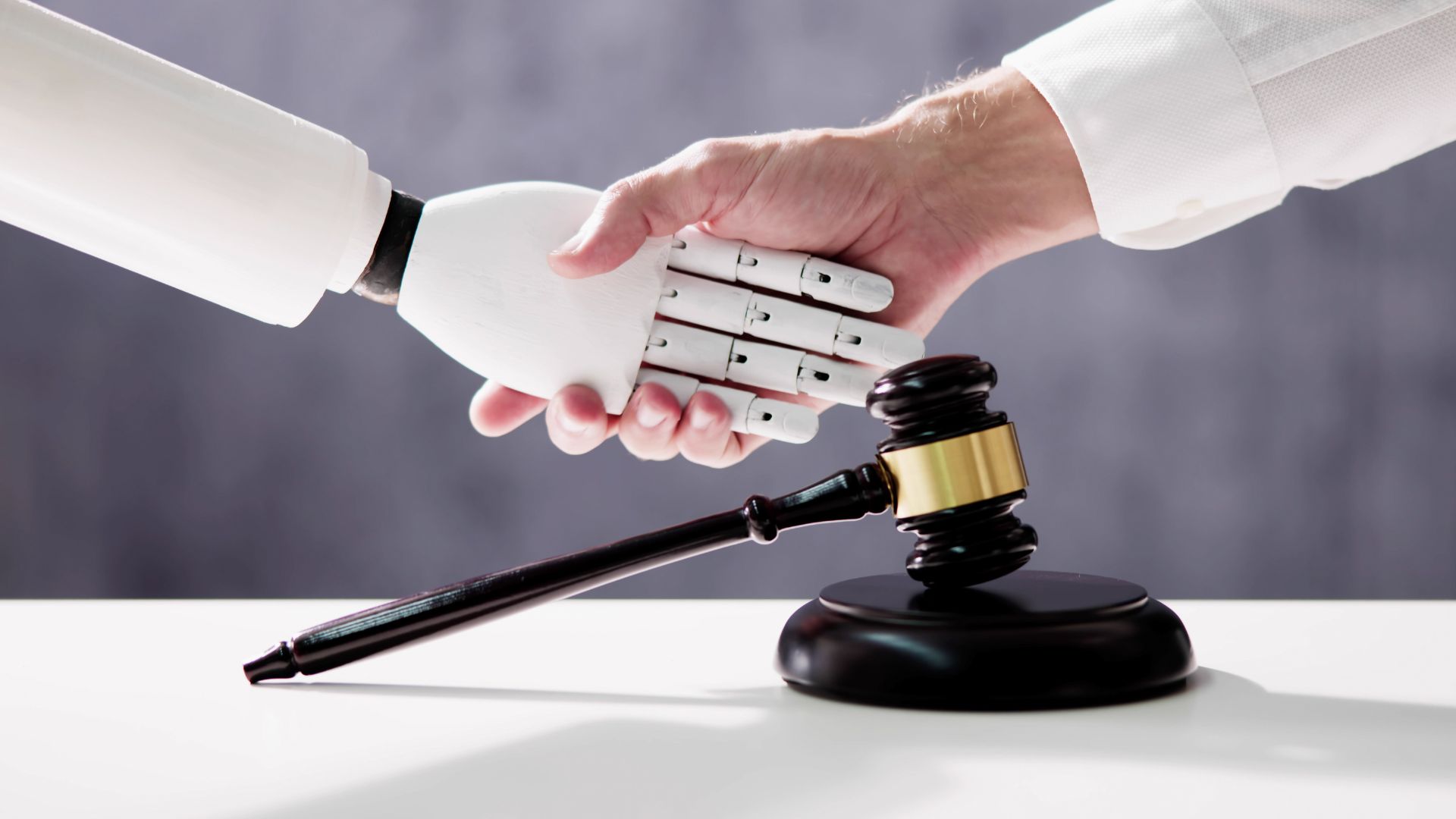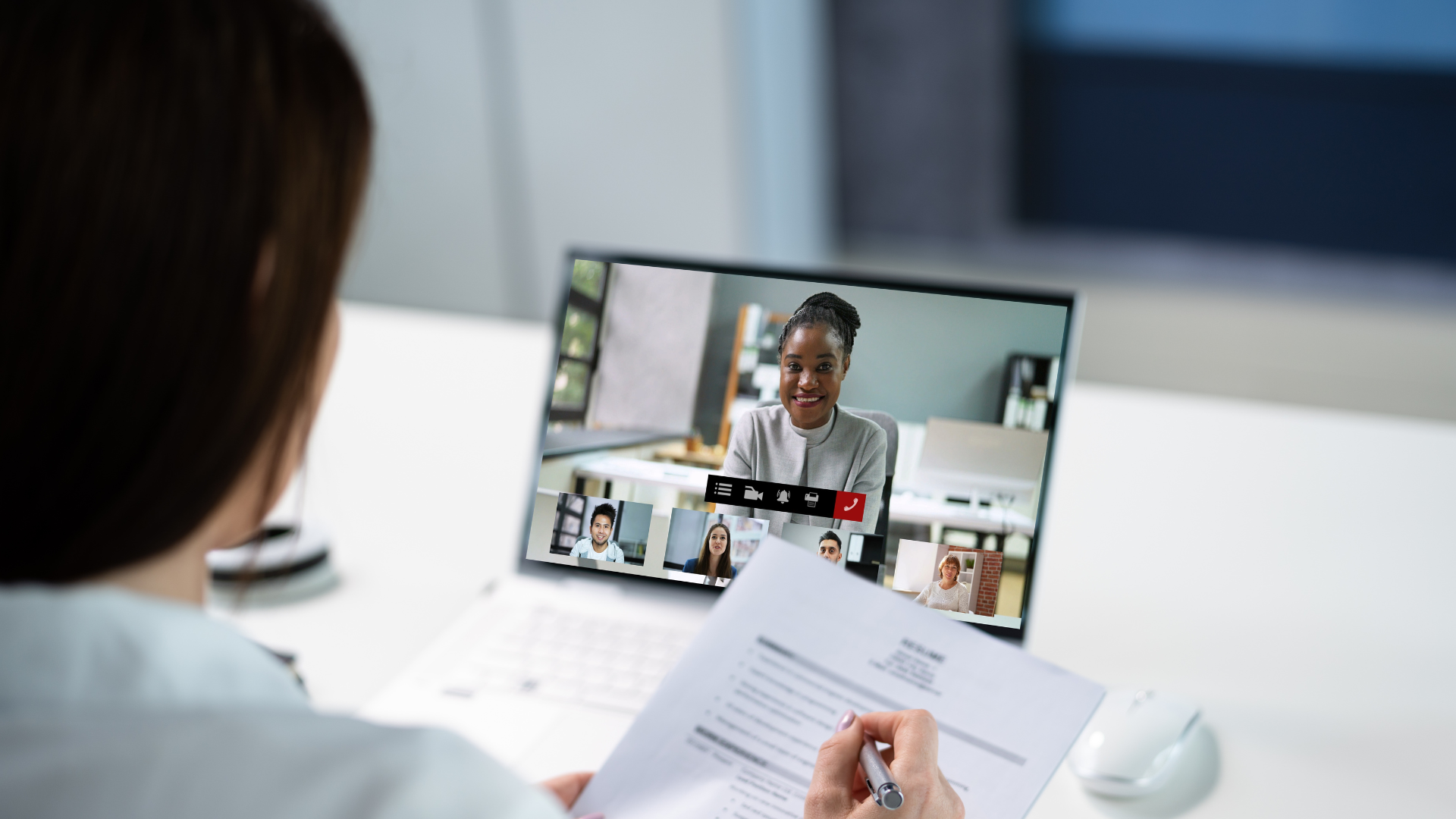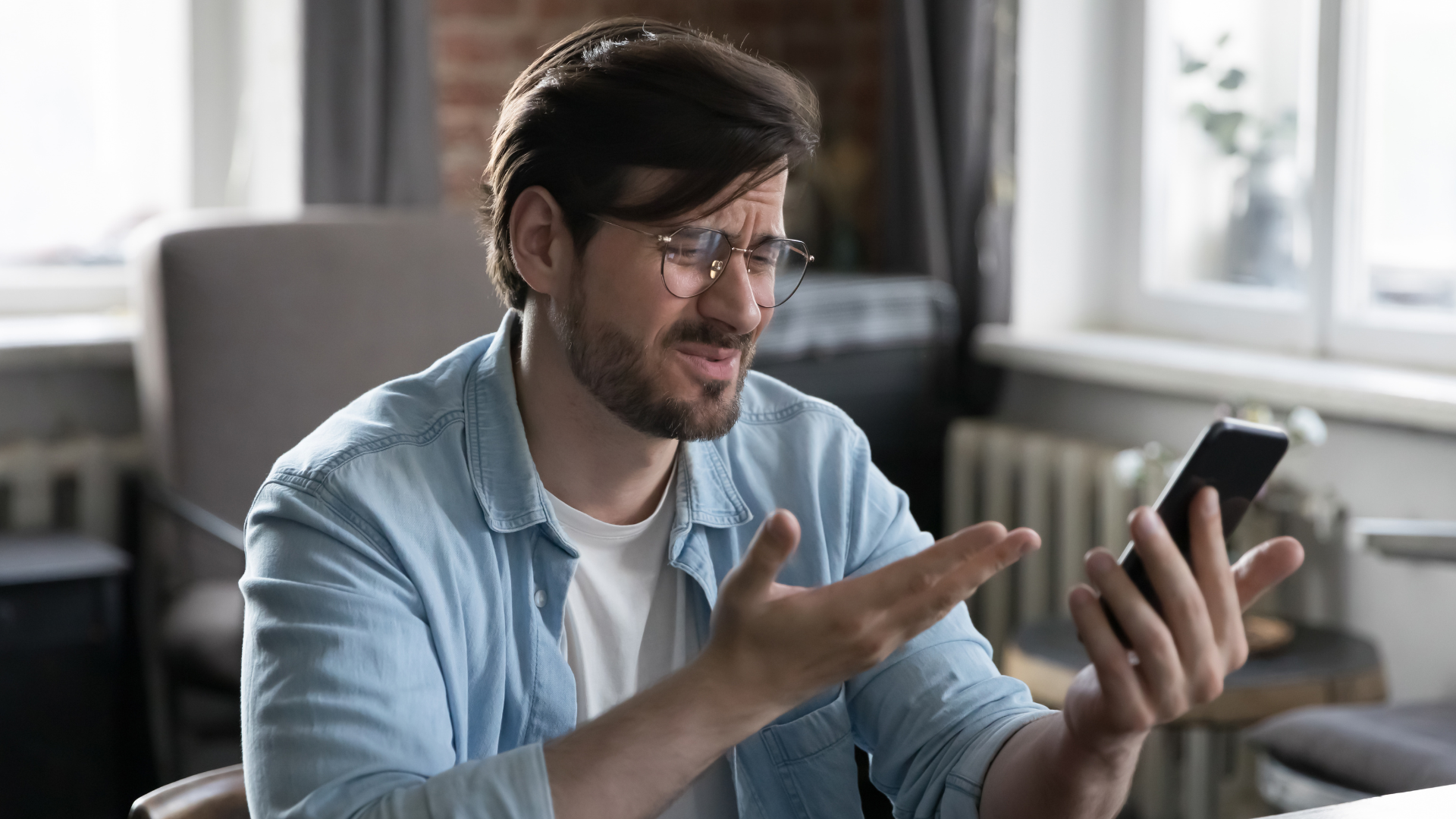We have discussed the topic before and, as could be expected, sooner or later it was bound to be a source of controversy.
When, at the time, the Covid passport, or European Union Covid-19 Digital Certificate, was officially presented, the measure was justified by the fact that it could facilitate mobility and not further hinder economic activity, which was already suffering from the pandemic. Broadly speaking, the objective was that commercial and tourist activities could begin their comeback as soon as possible. Logically, there were already voices of alarm when this whole theory hit the ground running. Some yes and others no? It all depends on whether in their territory one has access to vaccination and, therefore, safe conduct. It will not generate discrimination or inequalities, it was said in its defense.
The reality is that yes. Just by having different vaccination rates, the European Union encourages and allows unequal treatment of its citizens. And this, which at another time would be a reason for criticism, this year is justified by the pandemic and is mostly tolerated. With health information in advance and on the table, let's remember sensitive personal data, rights are granted to some or others, depending on the personal situation of each person.
Without a passport, the problems begin. That is, without being vaccinated. Certainly, the common good of collective health can be considered as a higher purpose than each person's personal decision about when to get vaccinated or not. But the last steps are starting to be coercive. Limiting mobility to the unvaccinated? Not allowing attendance at the workplace? or to a lesser extent, not allowing access to indoor spaces... So from the outset, fundamental rights, not only to privacy and protection of personal data, seem to be well affected. The point is that there are certain territories that announce measures along these lines. And just a few days ago, the Constitutional Court questioned the decree of the state of alarm in the hardest and most devastating weeks of the pandemic. If then, not even Covid should have allowed a confinement and limitations that everyone understood, what do we do now?
We'll see if before drinking anything on a terrace this summer we'll be asked about our vaccination schedule at some point. Exaggeration (or not) aside, in the run-up to summer, it's worth remembering that privacy shouldn't go on holiday. Let's think about whether it's necessary to publish photos of everything we do, the dates we're out of the house, who we're having dinner with and how the kids are playing on the beach. If we demand it on the one hand, we don't blow it up on the other.








